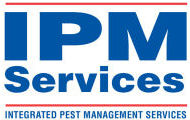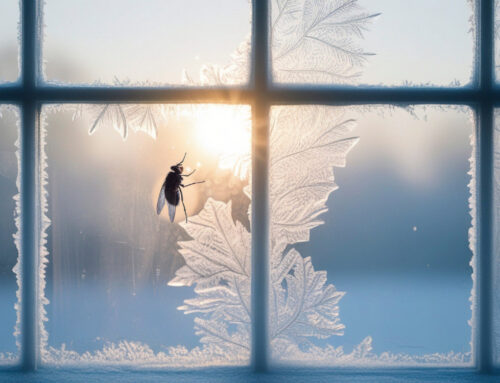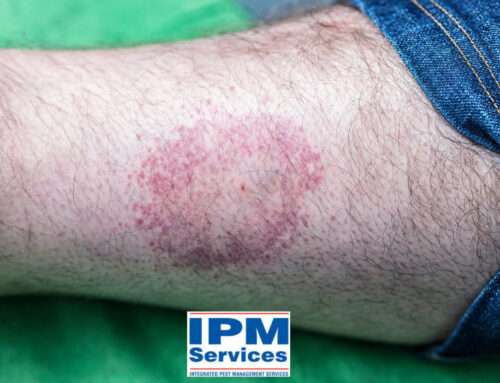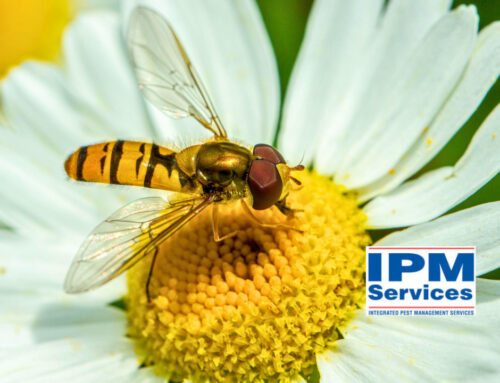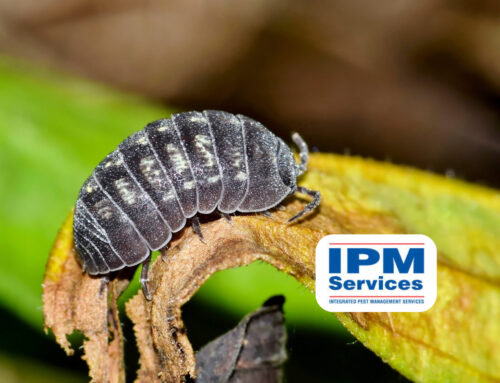Flies are more than just an annoying presence. They can transmit bacteria, contaminate food, and pose a genuine health hazard. Whether you’re entertaining guests outdoors or keeping your home fly-free, taking proactive measures can save you the hassle of dealing with these unwelcome pests.
Luckily, there are plenty of simple, eco-friendly, and effective ways to keep flies at bay. From keeping your spaces clean to natural repellents, here’s how you can enjoy a fly-free environment.
Why Preventing Flies is Crucial
Before jumping into the solutions, it’s important to understand why tackling flies proactively matters. Common houseflies and blowflies can carry harmful pathogens, including Salmonella and E. coli. These bacteria can lead to serious health issues if they come into contact with your food or utensils. Taking the right precautions not only ensures comfort but also protects your family’s health.
1. Maintain a Clean Environment
The first line of defense against flies is cleanliness. Flies are attracted to organic material, especially rotting food and garbage. Keeping your household and outdoor areas spotless is your best strategy to deter them.
- Household Tips: Empty trash bins daily, wipe down counters, and clean up food spills immediately. Don’t leave pet food sitting out, as it can also attract flies.
- Outdoor Spaces: Rake up fallen fruit, clear decaying vegetation, and properly dispose of animal waste.
By eliminating their food sources, you’ll significantly reduce the fly population around your home.
2. Use Natural Fly Repellents
Many people prefer natural solutions over chemical-laden sprays to keep flies away. Natural repellents are not only safer but environmentally friendly. These remedies are effective when applied properly:
- Essential Oils: Oils like lavender, eucalyptus, peppermint, and citronella naturally repel flies. Add a few drops to a spray bottle filled with water and use it to mist around entrances, patios, and kitchen areas.
- Vinegar Traps: Fill a mason jar with apple cider vinegar and a few drops of dish soap. Cover the jar with plastic wrap and poke small holes in the top. Flies are attracted to the vinegar but will get trapped inside.
These methods work to repel flies while adding pleasant scents to your space.
3. Set Up Physical Barriers
Sometimes, the simplest solutions are the most effective. Blocking flies from entering your space can greatly reduce their presence indoors.
- Screens and Doors: Install tight-fitting mesh screens on windows and doors. Make sure there are no holes or gaps.
- Fly Curtains: For high-traffic doors, consider hanging magnetic fly screens or bead curtains that act as an additional barrier but still allow easy entry.
Keeping flies physically out of your home is one of the most reliable long-term solutions.
4. Leverage Fans to Create a Breeze
Flies are weak fliers, and they struggle against strong airflow. Strategically placing fans can help keep them away, especially outdoors.
- For Outdoor Dining: Position a few fans around your dining or lounge area to create enough airflow to discourage flies.
- Indoor Use: Ceiling fans or portable fans in high-risk areas (like kitchens) can also deter flies from lingering.
This low-effort strategy makes your environment uncomfortable for flies while keeping you cool.
5. Use Fly Traps
Fly traps are a practical way to catch and eliminate existing flies. They are available in a variety of designs, including sticky strips, light traps, and DIY options.
- Sticky Traps: Hang flypaper strips near high-traffic areas—just make sure to place them out of reach of children and pets.
- UV Light Traps: These devices attract flies with UV light and zap them upon contact. They’re especially useful for indoor use and in garages.
For a DIY option, combine sugar water and dish soap in a bowl to lure and trap flies.
6. Plant Fly-Repelling Herbs
Certain herbs naturally repel flies, making them a functional and beautiful addition to your space. Plant these herbs near windows, patios, and gardens for natural fly control:
- Basil
- Mint
- Rosemary
- Marigolds
The strong scents of these plants repel flies while adding greenery to your home and yard.
7. Keep Your Drains Clean
Kitchen and bathroom drains are often overlooked breeding grounds for flies, especially fruit flies. Regular maintenance can stop flies from settling there.
- Pour boiling water down your drains weekly.
- Use a mixture of baking soda and vinegar; follow this by rinsing with hot water to keep pipes clear and odor-free.
- Avoid pouring grease or food scraps down the drain to minimize fly attraction.
By keeping drains clear, you cut off another common breeding spot for flies.
8. Cover Food and Beverages
When dining outdoors or storing food, make sure everything is properly covered. Flies can detect exposed sugar, protein, and moisture from surprising distances.
- Use food tents to cover your dishes during outdoor meals.
- Store leftovers in airtight containers and refrigerate them promptly.
- When preparing raw meat during a barbecue, keep it covered until it’s placed on the grill.
This small step ensures flies don’t contaminate your meals.
9. Opt for Eco-Friendly Pesticides
If the fly problem persists, you can use eco-friendly insecticides as a last resort. These products are designed to kill flies without harming the environment or beneficial insects.
- Look for sprays labeled “non-toxic” or “natural.”
- Apply sparingly in high-risk areas such as garbage bins and doorways.
Always follow the manufacturer’s instructions for safe application.
10. Dispose of Trash Properly
Trash management plays a huge role in fly prevention. Use outdoor bins with tight-fitting lids, and ensure they’re emptied frequently.
- Line your bins to prevent leaks and odors.
- Keep garbage storage areas clean, and wash bins periodically to remove residue.
This simple habit goes a long way in keeping flies from multiplying near your property.
Final Thoughts
Keeping flies away from your home and outdoor spaces doesn’t have to involve harsh chemicals or costly solutions. By maintaining cleanliness, using natural repellents, and implementing physical barriers, you can create a fly-free environment that’s healthy and enjoyable.
Whether you’re hosting a barbecue or relaxing on your patio, these tips will help you reclaim your spaces from buzzing intruders. Start small by tackling the highest-risk areas, and build your prevention habits from there. With these strategies, you’ll be well on your way to a more hygienic, comfortable, and fly-free life.
